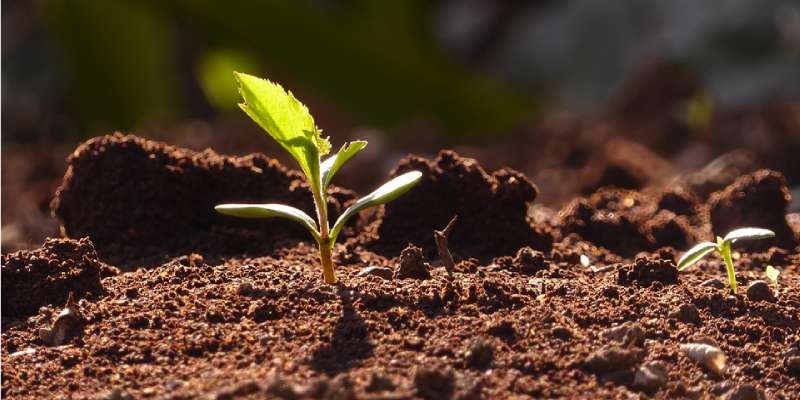
When gardening, we want to provide our plants and crops with the best environment for growth. However, with so many tips and tricks out there, it’s difficult to know what advice we should follow.
You’re not alone in wondering what exactly the difference is between fertiliser and compost. Together with Compost Direct, retailers of compost bags and other garden essentials, we investigate:
Fertiliser vs compost
Without going into too much detail, fertiliser is the product that feeds the plants whereas compost feeds the soil. Of course, in reality, it’s a little more complex but this is a good general rule to follow, especially when working out what your garden requires.
When your plants require certain nutrients or are deficient in some way, fertiliser can be used to restore these nutrients. They are used especially with fast-growing plants that require high levels of nutrients to grow — essentially, they top-up the levels to ensure the plant can successfully develop.
A key tip is to use the right fertiliser for the plant that you want to grow. Using the wrong fertiliser can disrupt the soil’s natural chemistry, which can disturb or even prevent the growth of microbes. Over time, this can result in substantial damage to the soil, especially if you choose a chemical fertiliser.
As we covered, fertiliser works to improve the health of plants whereas compost works with the soil. Because of the high levels of organic matter within it, compost feeds the soil and promotes healthy microbe growth. Over time, this builds up nutrient levels in the soil and provides the optimum conditions for plants to grow.
Certain types of compost can improve water retention in your soil. As water plays an intrinsic part in growth, this will also boost the vitality of your plants.
Do they complement each other?
You might be wondering if you can use compost and fertiliser at the same time. The organic matter in compost stores the nutrients from the fertiliser until the plant needs them.
If fertiliser is used frequently over time, it can cause soil imbalance. Choose organic fertilisers over chemical ones and try to use them on a short-term basis. Generally, you’ll see notable differences to your plants through using a fertiliser/compost mix over a few months. So, you may be able to stop using fertiliser sooner than you may think.
